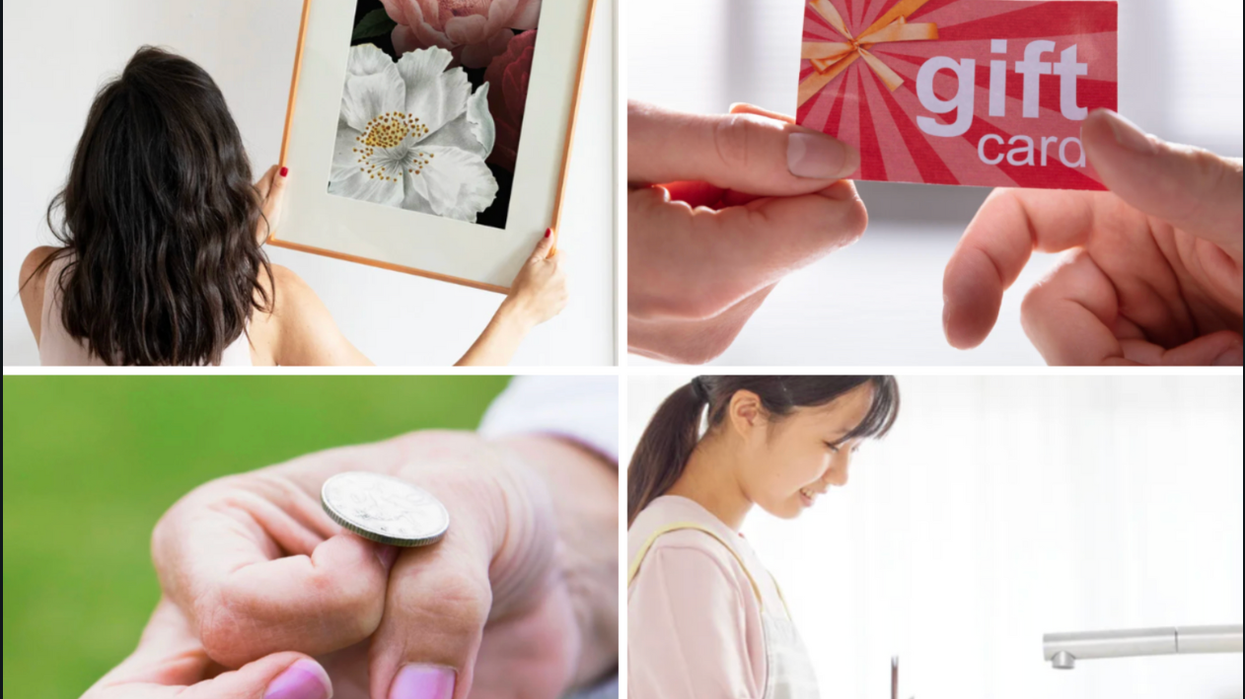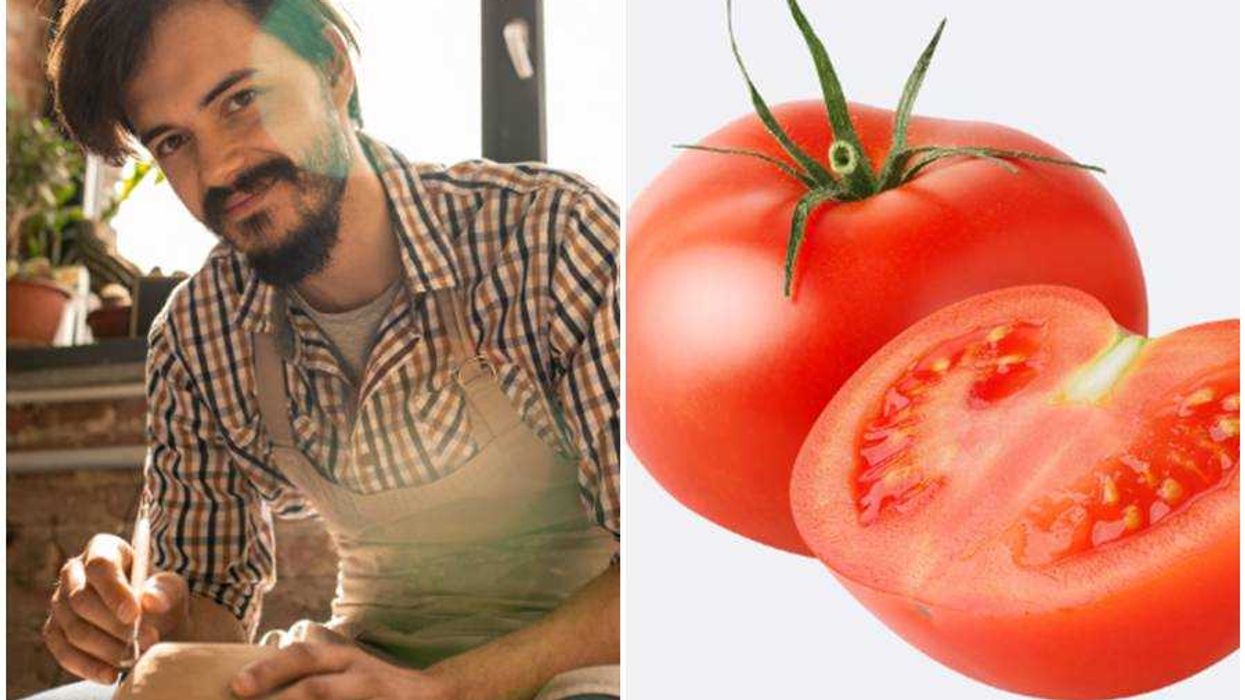Sometimes it feels like we live in a world lacking accountability. Too often the best course correction a person offers is some half-hearted apology that somehow leaves you feeling at fault. "I'm sorry you were offended." Or maybe, "I didn't know that would hurt your feelings." I'm not above the behavior. Most of my life, if I wasn't avoiding a problem, I was scooting the edges with my own careful, "My bad." A little over ten years ago I started practicing making amends for my wrongs instead of just an apology. And it changed my life.
What's the difference between an apology and making an amends?
So what's the difference between an apology and an amends? Dictionary.com describes an apology as, "a written or spoken expression of one's regret, remorse, or sorrow having insulted, failed, injured, or wronged another." This is a traditional 'I'm sorry' apology.
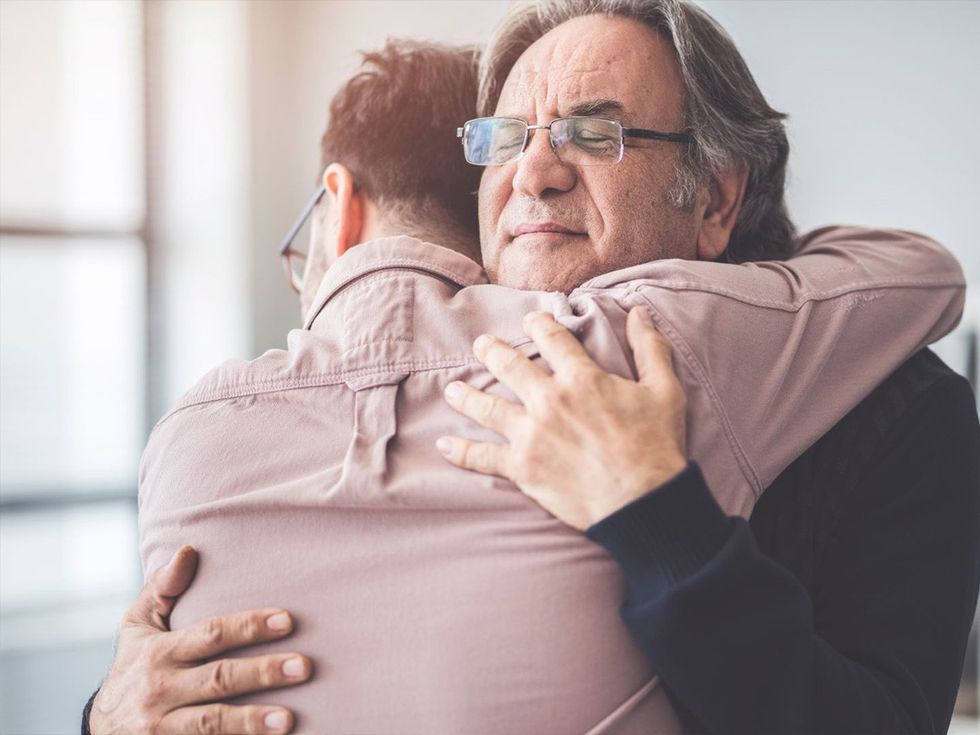
An amends goes a little deeper. "What can I do, to make this right?" There is a practice in 12-step recovery programs that involves making amends. The system and structure of the amends is very helpful. It is not necessary to be a part of a 12-step program to start making amends. Amends are not just saying sorry. They involve restoring what was broken by making restitution whenever possible. There are financial amends which involve paying money back. There are emotional amends which involve admitting wrongs and listening to those we harm. There are living amends when unable to contact the person. A key component isn't just acknowledging what happened. It's determining to behave differently going forward.
Historical Context
Many religions incorporate some form of amends into their philosophies on how to approach a healthy life. Christianity teaches repentance, confession, forgiveness, reconciliation, and restitution. Judaism practices Yom Kippur, the day of atonement where people seek forgiveness, repentance, and confess their sins. Buddhism speaks of Karma and right action, mindfulness. There is a practice of The Four Opponent Powers which are power of dependence, the power of regret, the power of the remedy, and the power of resolve.
- YouTube youtu.be
Native and indigenous religions often practiced public apologies that incorporated ceremonial acts designed to restore peace. They aren't just publicly saying sorry. They are attempting to restore trust and foster change through positive actions.
An amends is not a blanket apology. It is not an attempt to clear your own conscious. It is not a confession that will cause harm. They take courage, humility and offer a platform to cultivate real healing often for both people involved. However, there is no guarantees and it's actually not the goal. Forgiveness is great, but may not happen.
In a reddit post titled, When did you start feeling relief after making amends? the comments are quite encouraging.
"Immediately, But it was more about the fact I could follow through with something so Intimidating that I thought I could never do it."
"Most of my amends ranged from ho hum to painful rejection. But my sisters reaction actually brought tear to my eyes and made me grateful that I had pushed through the process."
"Don't forget to forgive yourself, both for the harm you caused others and the harm you caused yourself."
"I had a Beautiful experience while making my amends!"
Here is a video from FOX 2 Detroit news interviewing Dr. Sabrina Jackson, an author, life coach, and practicing therapist who talks about the benefits of making amends.
- YouTube www.youtube.com
I must admit the difference and change from making apologies to making amends was simply, scary. I had never practiced it. Standing in front of someone I had wronged or felt wronged by was intimidating. I had a community of people to seek guidance from and a close, personal, spiritual adviser to help me. I was well prepared. Over time it's become a simple practice. Yes, sometimes I may get scared or hesitant. But, I have a wealth of experience now at practicing amends. I can reflect upon past interactions and be encouraged.
Here's a list of things I've gained in the process of making amends:
- Self Esteem - Being able to stand in front of someone and own my behavior and actions is a mind blowing confidence booster. It's not just feeling better. It's acting better.
- Freedom from Guilt and Shame - This is not freedom from regret. Regret is healthy. It shows I want to be better and do better. Making amends helps break that cycle of self-loathing and avoidance.
- Peace of Mind - Often avoiding amends means secrets and hiding of the truth. That's a huge emotional weight that can be lifted and in most cases has been.
- Humility - Acknowledging my flaws and offering a sincere attempt to correct them is a spiritual action. My experience is that humbling myself actually makes me feel stronger. I'm owning my behavior which takes courage.
- Trust - My friends and family believe me and trust me because I act in a way that honors it and them. If I do wrong, I have the courage to admit it. I am accountable which is a much wanted self-esteem booster.
- Improved Relationships - I'm able to empathize and connect on a much deeper level with the people I know, and the new people I meet. I feel strong and practice much healthier and more positive behaviors, because that's part of making amends.
The world can benefit from some strong accountability. Too often we find ourselves overly invested in what other people are doing and how they need to be behaving better. The clear and simple truth is no matter how much we want them to change, our best course of action is demonstration. History carries the message of people that have shown up to life honest, whole, compassionate, and with a concerted effort to lead by example.
You might think that the greatest change for myself, based on the behavior and willingness to make amends, has been the way people approach me. My experience has been the greatest change is in how I approach them. I'm no longer wrapped up in what they did or are doing. Focusing on my own behavior gives me strength and empathy for the people that come into my life. I'm a stronger and more confident person who has learned from the mistakes he's made. I've gained wisdom from doing what I can, to make those things right again.





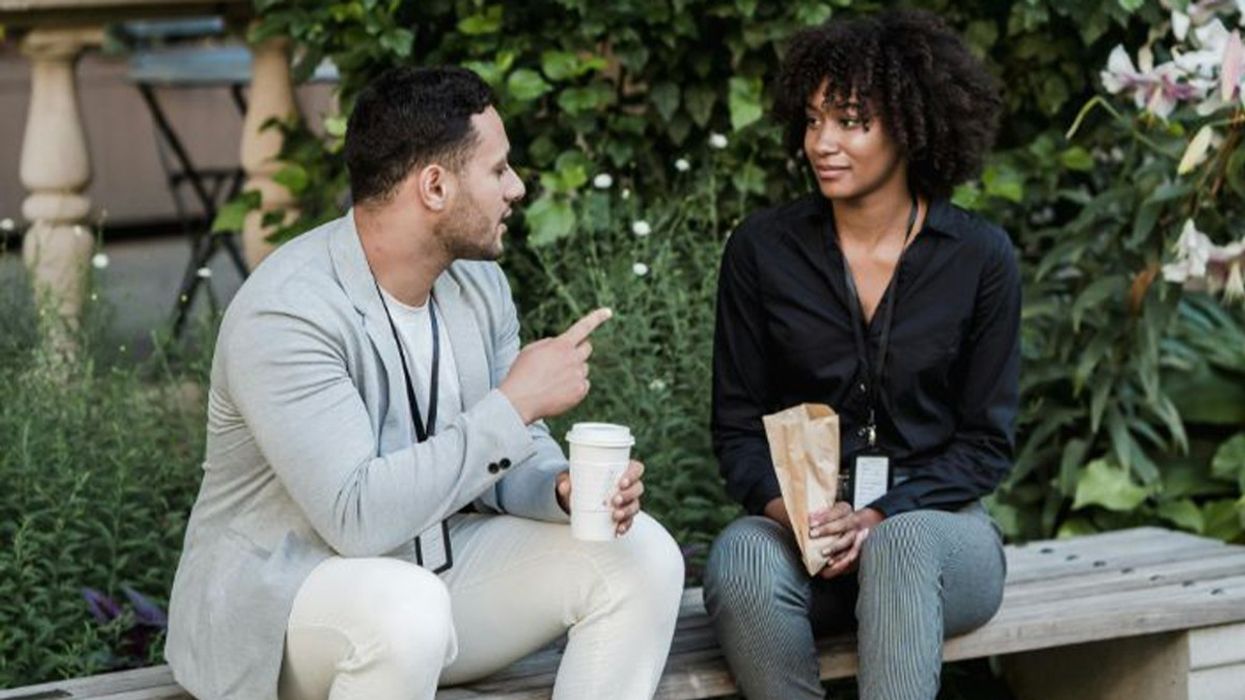













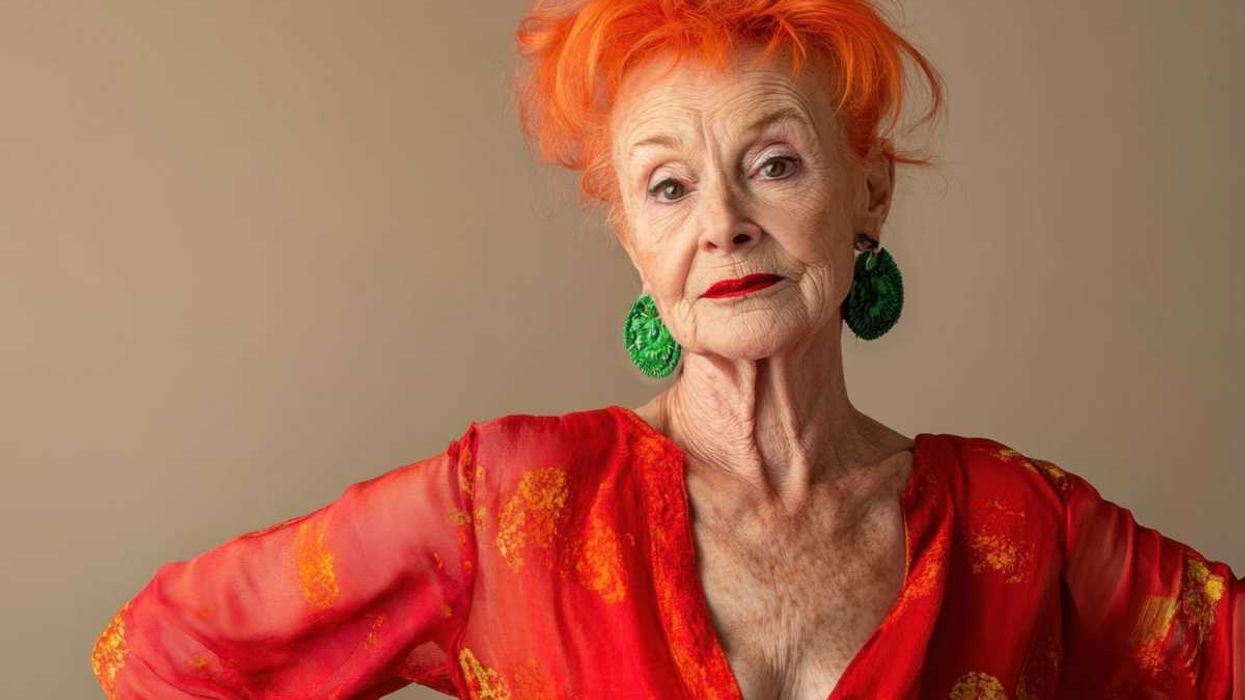 Elegance in red.Photo credit:
Elegance in red.Photo credit:  An older woman shows off some bling.Photo credit:
An older woman shows off some bling.Photo credit: 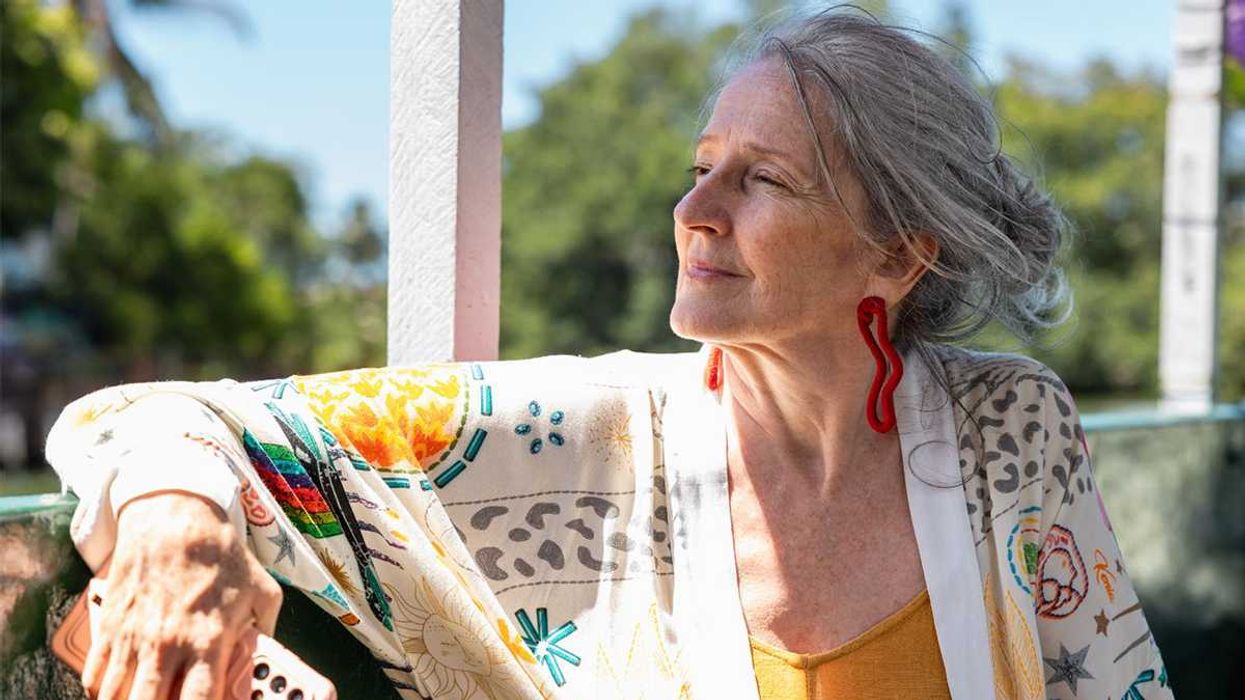 A woman enjoys a beautiful day. Photo credit:
A woman enjoys a beautiful day. Photo credit: 

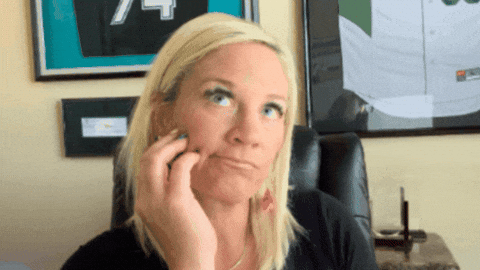 Thinking.
Thinking.  Observe your thoughts.Photo credit
Observe your thoughts.Photo credit  Reading a book and reflecting under a tree.Photo credit
Reading a book and reflecting under a tree.Photo credit 